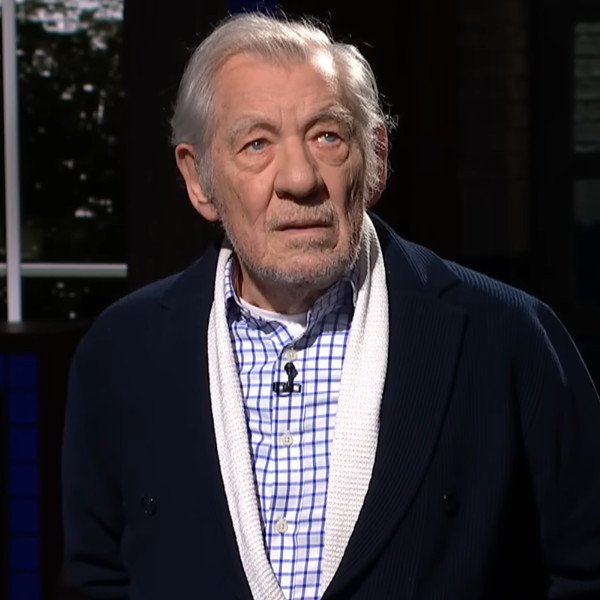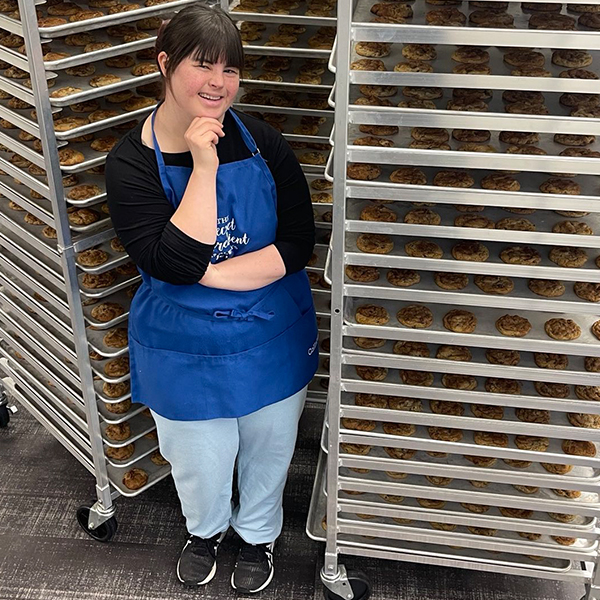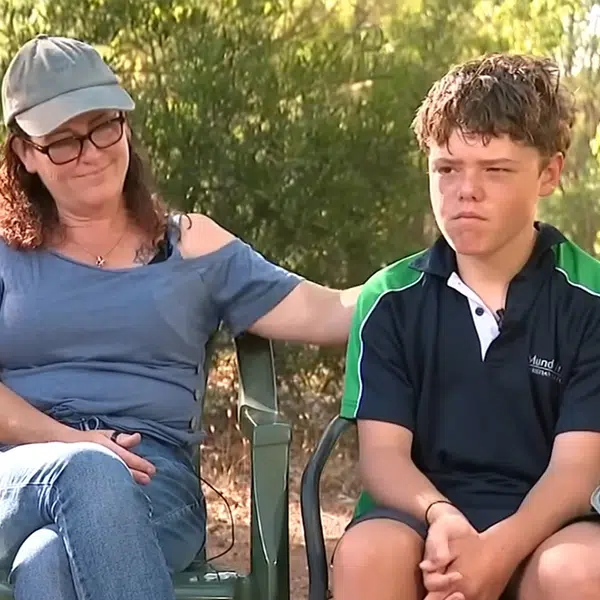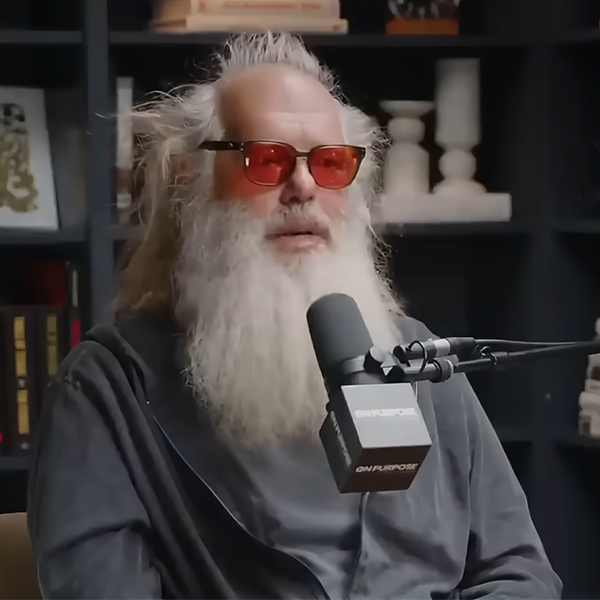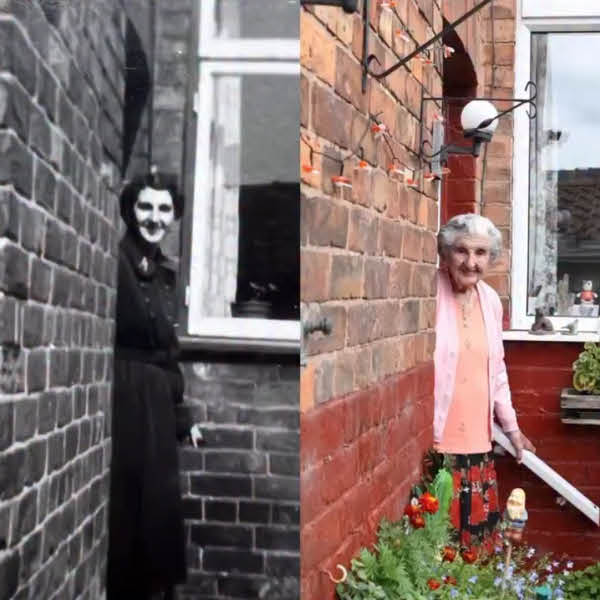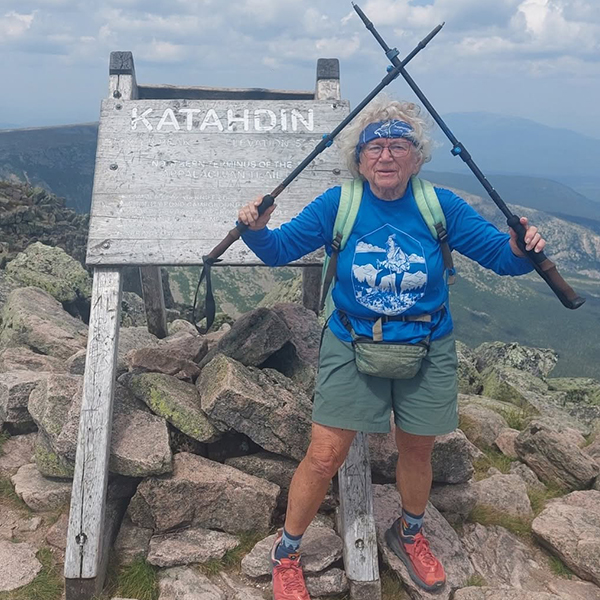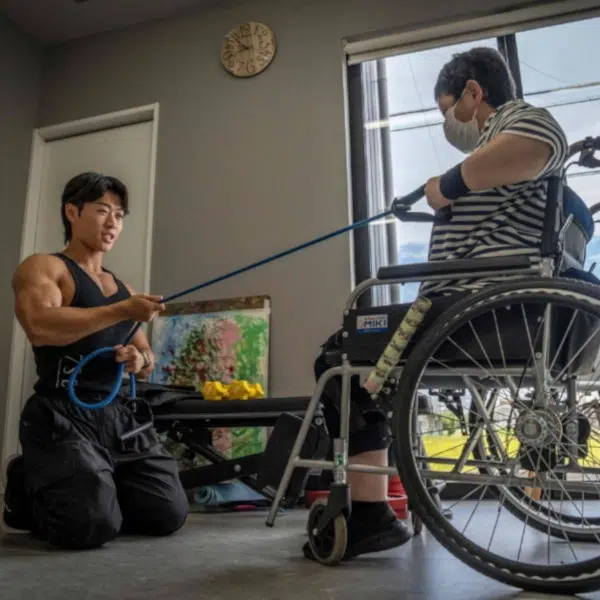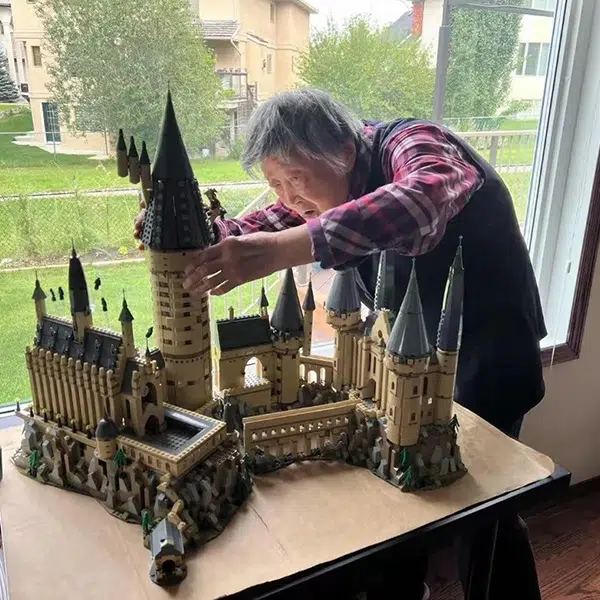Ver esta publicación en Instagram
Few stories are as inspiring and empowering as that of Haben Girma. The California-born disability rights advocate, lawyer, and author has dedicated her career to fight for equal opportunities for people with disabilities. She is best known for becoming the first deafblind person—a condition that is estimated to impact 45,000 to 50,000 Americans—to graduate from Harvard Law School, but she has accomplished so much more. Her work has improved access and the overall quality of life of people with disabilities. After all, to Girma, advocacy is not just about her—it's for all the people who come after her.
Girma credits her parents, two refugees from Eritrea and Ethiopia who arrived in the U.S. after fleeing the war, for her moving strength. “That taught me to be persistent. It’s OK to face the unknown…you’ll pioneer your way,” the activist told Today. “So those lessons have helped me as a deafblind woman…learn to advocate so that I have a place at the table.”
However, something that happened when she was 19 gave her the final push to become an advocate. Girma recounts that, when she was a student at Lewis & Clark college in Portland, Oregon, the only format the menu was available on was a printed paper on the wall. When she asked the manager for an accessible option, she was told that they were too busy, as they had to serve a thousand students and couldn't change things just for one. “For the first few months, I tolerated eating food without knowing what it was and told myself that at least I was being fed. It was frustrating, especially as a vegetarian,” she told The Guardian.
Eventually, encouraged by friends and family, she told the manager that the school cafeteria was subject to the Americans with Disabilities Act (ADA) regulations, and threatened to take legal action. After that, Girma got an accessible menu, but this wasn’t a win just fo mr her—a fellow blind student who enrolled the following year benefitted from her actions as well. “Stop assuming we’re incompetent,” the passionate activist asserts. “We are talented; we work hard. It’s just ableism, the assumption that people with disabilities are inferior, that gets in our way.”
Now, Girma travels the world championing people with disabilities and pleading for inclusion, especially from employers. “Disability is not something an individual overcomes. I'm still disabled. I'm still Deafblind. People with disabilities are successful when we develop alternative techniques and our communities choose inclusion,” she writes in her 2019 memoir, Haben: The Deafblind Woman Who Conquered Harvard Law.
In 2015, she was honored by President Obama, with whom she discussed the importante of accesible technology. This is a key topic for the advocate, who communicates via a special device. Her translator types what people say into a special computer that wirelessly feeds the information to a Braille display held by Girma. To her, “disability drives innovation.”
Ultimately, Girma's work raises truly important and nuanced questions that nondisabled people rarely seem to think about, such as the financial contributions that could be made towards accessibility in educational sites vs. having free entry; or the paperwork needed to travel with a guide dog.
Given that 15% of the world's population experiences some form of disability, Girma's labor is crucial. “All of our bodies change over time,” Girma writes. “We all deserve dignity and access at every stage in our lives. Most people will need to seek accessibility solutions at some point, whether for a family member, a colleague, or for oneself. Disability is part of the human experience. We all need to engage in the work to make our world accessible to everyone. Inclusion is a choice.”
Haben Girma is an advocate, lawyer, and author who has dedicated her career to fight for equal opportunities for people with disabilities.
Ver esta publicación en Instagram
To Girma, advocacy is not just about her—it's for all the people who come after her.
Ver esta publicación en Instagram
She was the first deafblind woman—a condition that is estimated to impact 45,000 to 50,000 Americans—to graduate from Harvard Law School.
Ver esta publicación en Instagram
“Disability is not something an individual overcomes. I'm still disabled. I'm still Deafblind. People with disabilities are successful when we develop alternative techniques and our communities choose inclusion.”
Ver esta publicación en Instagram
This post may contain affiliate links. If you make a purchase, My Modern Met may earn an affiliate commission. Please read our disclosure for more info.
Haben Girma: Instagram
h/t: [The Guardian]
Related Articles:
Blind Engineer Invents a Smart Cane That Guides Using Google Maps and Sensors
Pottery Barn Launches 150-Piece Furniture Collection Designed for People With Disabilities
Target Launches Inclusive Line of Halloween Costumes for Kids with Disabilities











































































